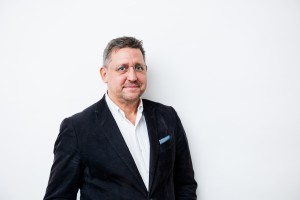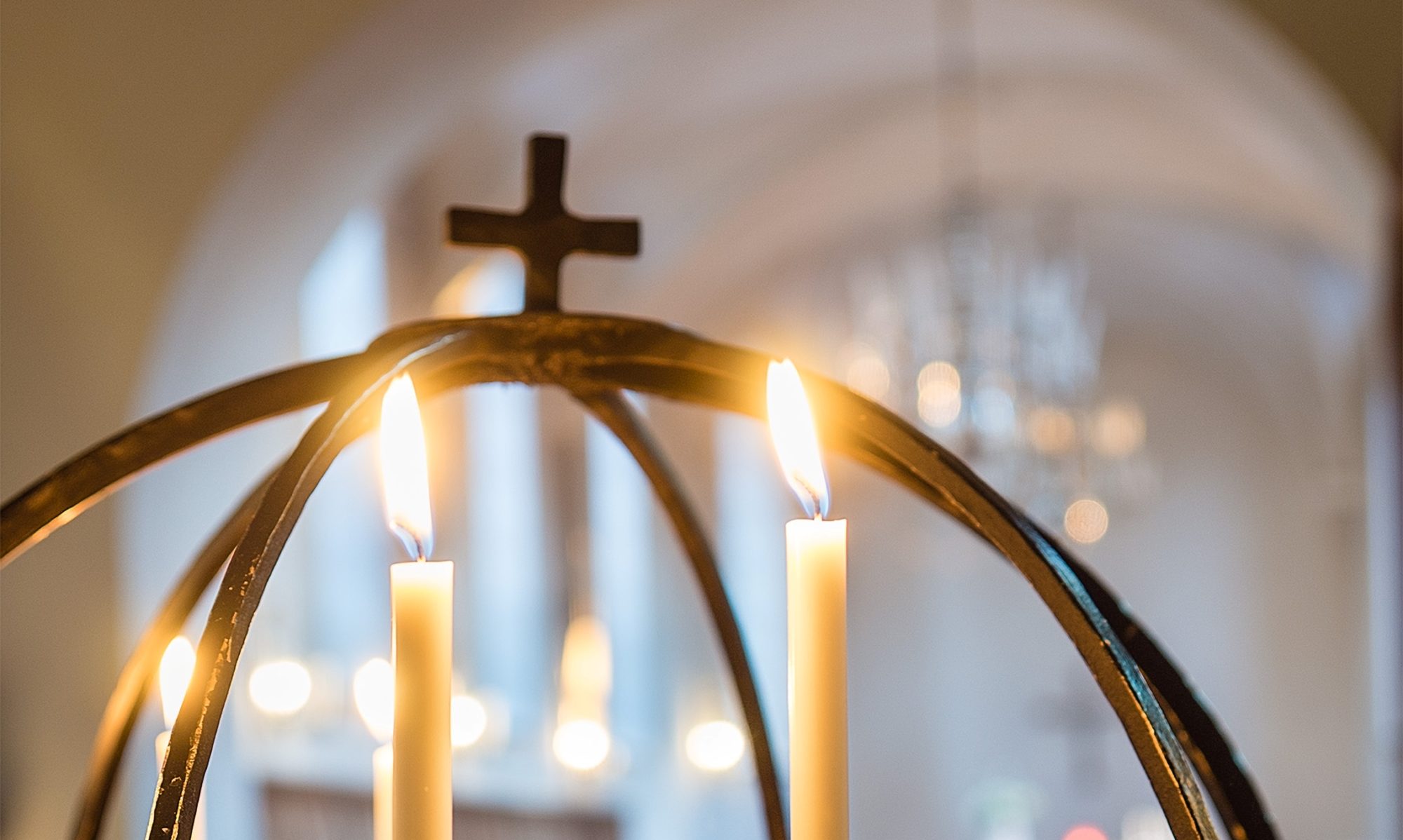 Editorial by Rüdiger Noll,
Editorial by Rüdiger Noll,
Executive Secretary of Oikosnet Europe
Whenever one follows the news these day, there seems to be an underlying message: we live in insecure times! What seemed to be common sense, common values and maxims and what seemed to be international standards, which were most often negotiated after two devastating World Wars, seem to be questioned or just not implemented. Human Rights are played against security, solidarity between states and within states is low, protectionism and competition are growing.
Just recently, I was invited by the Lutheran World Federation to a meeting in Sweden, where the Archbishop of the Church of Sweden, Antje Jackelén, spoke in her opening sermon of the four dangerous “P” of our times: Protectionism, Polarisation, Populism and Post-factual. Whoever, whichever nation returns to old mechanisms of protectionism and establishes new walls around itself, should not be surprised, if others do the same – with the fatal consequences for international relations, known from the 20th century. “Us first” is a message of polarisation. The gap between rich and poor countries as well as the gap between the rich and the poor within countries is widening, as the most recent Oxfam report has shown. Populists try to harvest on such developments, the play with and increase the fears of people, they shoot against “elites”, whereby they are most elitist and exclusive themselves. And the truth? If the truth does not count anymore, if one can openly lie and if the internet is high-jacked by some to deliberately spread false information, what does truth mean today?
The spreading insecurity is not only an issue in politics, it quickly triggers down to ordinary people, who ask themselves questions like: Can one still get children in such insecure times or do I need first to invest in my own career? Does it make sense to make savings for the future, if the interests are so low and the savings are likely not to be enough for a decent life in retirement anyhow? Does it make still sense to vote in public elections? There are no real alternatives and my vote does not seem to count anyhow. Shall I still engage myself for the common good, for justice, peace and the integrity of creation in my community, in my church, in an NGO?
Academies do not have the immediate solutions to these problems and challenges, neither to the problems in our immediate neighborhood, nor to the challenges in world politics. But they are the place, where controversial issues can be addressed controversially with a variety of stakeholders. That is to say, Christian Academies are the place, where populist and exclusive attitudes are counteracted, where people meet on an equal footing, where truth counts. Orientation comes from finding one´s own position in the discourse of a broad spectrum of opinions and options. “There is not alternative!” thereby is not an option, neither for the Christian faith nor for the work of Christian Academies. But the four “P” will provide a challenge for the academies and their programmes in the near and middle-term future as our common interest is to keep our societies together around common narratives, common values and in the search for inclusive solutions.
